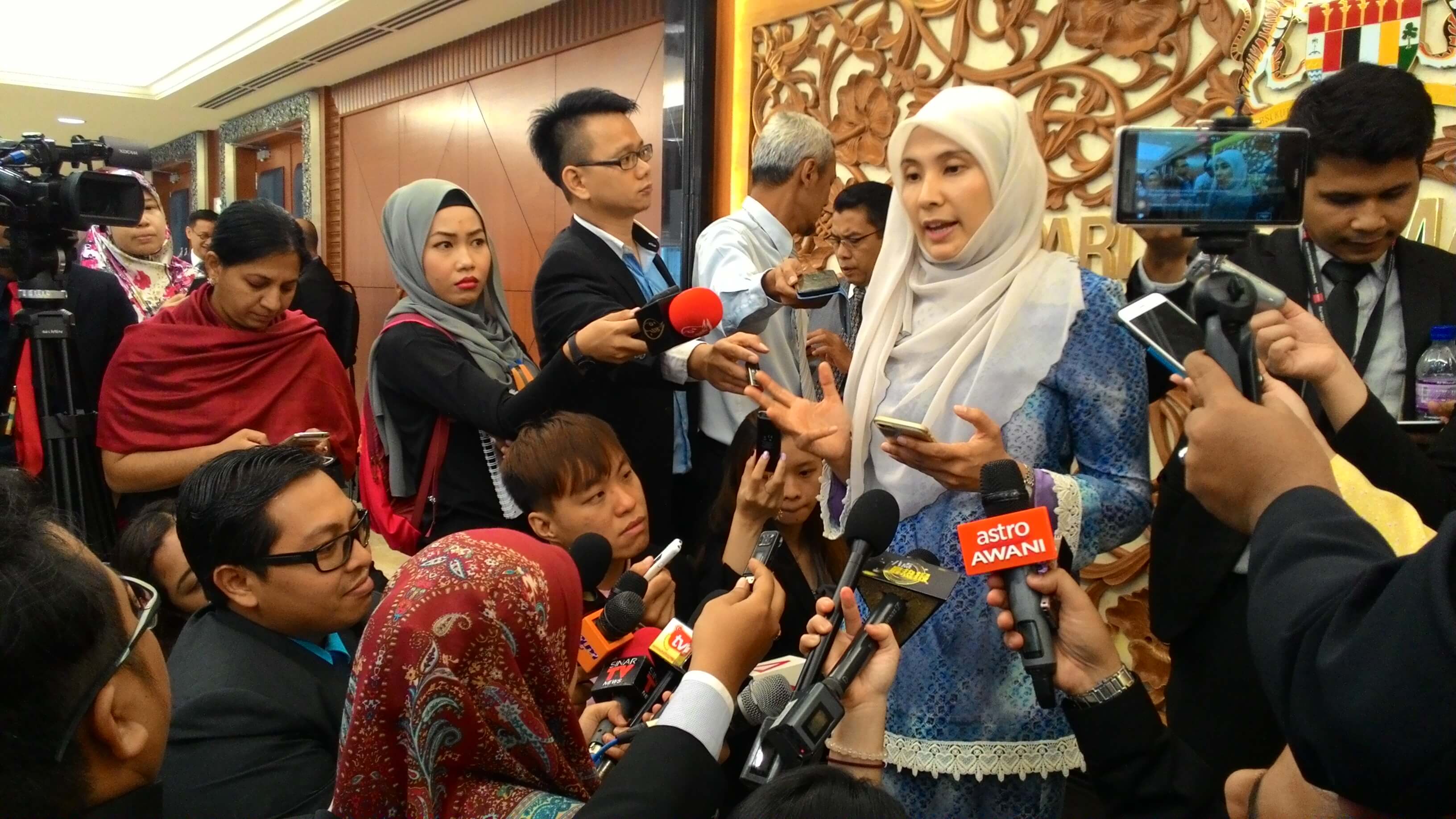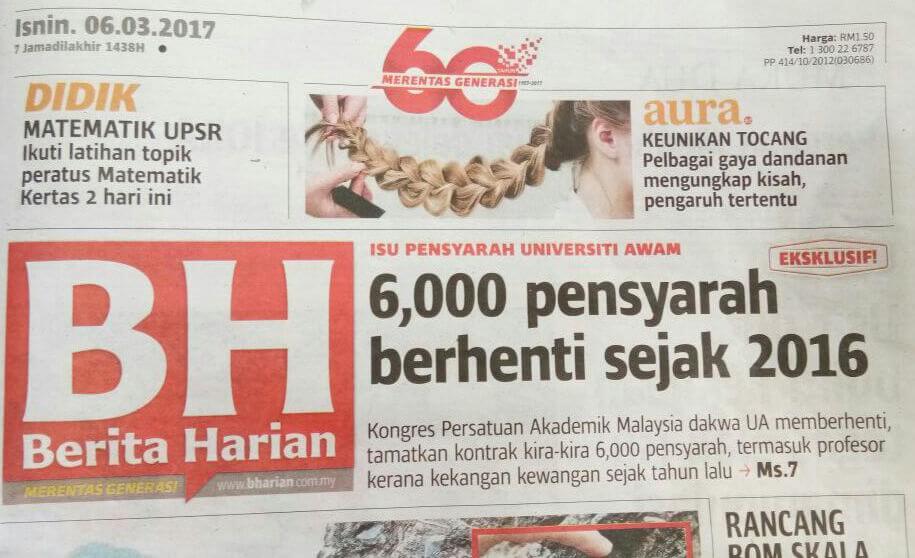Last Friday, 14 June 2013, we met with MITI representatives led by Dato Rebecca Sta Maria, the KSU of the Ministry as well as one of the lead negotiators of the Trans-Pacific Partnership Agreement (TPPA), Mr J. Jaya Siri.
Our meeting was timely, just a day after the failed dialogue between MITI and Majlis Tindakan Ekonomi Melayu (MTEM). While we appreciate the overtures made by MITI in engaging stakeholders, especially Opposition Parliamentarians and leaders, we remain unsatisfied by the fact that the TPPA is not subject to parliamentary oversight.
This being the case, Malaysians face limitations in ensuring that our socio-economic rights and the nation’s sovereignty are respected and protected. The TPPA’s overarching legal framework could render domestic laws subservient and put multinational corporations on stronger if not equal footing as governments.
Many issues were brought to the fore during the discussion, ranging from sovereign control over financial markets, investor-state dispute settlements (ISDS), pharmaceutical and medical prices, as well as the general anxiety over the lack of transparency and information the TPP negotiating texts. During the dialogue that lasted an hour, the following concerns were raised in particular:
1) Cost-Benefit Analysis (CBA) on the TPPA
MITI admitted the existence of a CBA paper presented to the Cabinet in 2010. i.e. the 2010 United Nations Development Programme (UNDP) report that was commissioned by the Government of Malaysia. On a slightly positive note, we were promised a copy of the said report in two weeks’ time although stripped off its negotiating positions.
2) Financial Controls and Freedom
MITI gave verbal assurance of no loss nor dilution of Malaysia’s sovereign rights to implement economic and capital control policies by signing the TPPA. However, the recent disclosure of leaked Australian negotiation text on capital controls, and the existence of such a provision in other FTAs that the United States has signed, compels us to remain highly vigilant of the possibility of losing such rights.
Additionally, there has been no information at all on the framework on managing the exploitation, exploration and development of the respective countries’ hydrocarbon and mineral resources. It would be pertinent to allay the fears as not to allow a foreign corporation to forcefully insist on its right to extract our natural resources based on the terms of the TPPA.
3) Costs of Healthcare
With regards to intellectual property rights to pharmaceuticals, we were informed by MITI and the Health Ministry that they aim to find a balance between promoting innovation and ensuring access to affordable medicines. We were also informed that discussions are still on-going and no related provisions have reached the text-based phase.
The twofold issues of proprietary data and extension of exclusivity period are very important for Malaysia –we must not lose out access in the price versus access debate.
Indeed, time is running out since the next round of TPPA negotiations will be held in July 2013 and the final text is expected to conclude in October 2013. Whilst we understand that some level of secrecy is required in all detailed trade negotiations, we are alarmed by overall lack of engagement with the general public on the fundamental principles of sovereignty and socio-economic impact of the TPPA.
We applaud MITI for organizing the meeting and promising to let us have a censored copy of the UNDP report in two weeks’ time. However, we remain fully committed to fighting for greater transparency and more public engagement vis-à-vis all aspects of the TPPA. In the interest of the public at large, we would urge a bipartisan Parliamentary Select Committee on TPPA be set up immediately. We are mindful of the necessary confidentiality that comes with such a framework and will strive to fulfill our responsibility as custodians of the people’s trust. We also remind the government of Malaysia that the people’s trust is predicated on transparent and responsible disclosure.
Pakatan Rakyat Leadership
NURUL IZZAH ANWAR
CHARLES SANTIAGO
WONG CHEN
DR DZULKEFLY AHMAD



